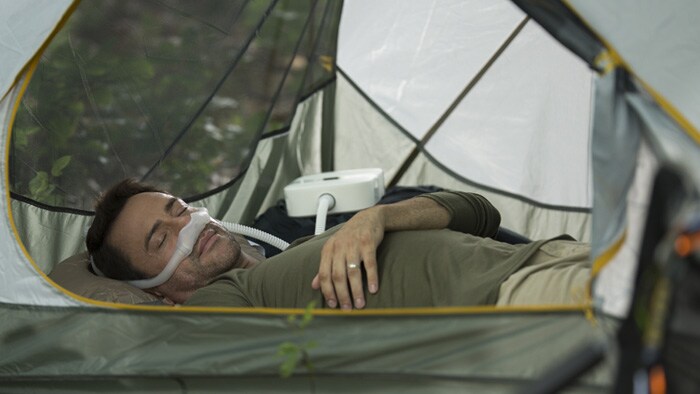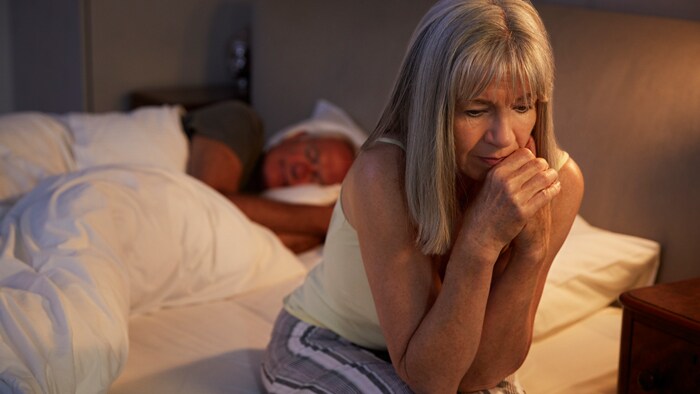The Anatomy of a Sleep Diagnosis
If you're having trouble sleeping or if you don't feel rested after a long night's sleep, you might want to visit your doctor about a sleep diagnosis. There are a number of sleep disorders that can disrupt your rest and put your health at risk. But sometimes finding the root cause can take time. When it comes to a sleep diagnosis, it's about the journey, not just the destination.
Which Sleep Disorders Could You Have?
Many sleep disorders can disrupt your nights, but it might require the diagnosis of a doctor and a sleep study to determine which one is affecting you. Here are some common sleep disorders. Sleep apnea can cause you to snore loudly or wake up repeatedly during the night. You might feel tired, irritable, or have headaches. This can cause a strain on your heart and risk your health. Narcolepsy occurs when you suddenly fall asleep during the day, without warning. You might also have hallucinations when you transition from sleeping to waking or vice versa. Scheduled naps and medication might help. Periodic limb movement disorder involves flexing and extending your legs while you sleep. Restless legs syndrome involves feeling like you have to move your legs when you're still because of a strange sensation. Medication and therapy can help. You might also have parasomnias, such as sleepwalking, sleep talking, teeth grinding, or nightmares. Another disorder, REM sleep behavior disorder, can lead to acting out your dreams while you sleep. Sometimes the issue is simply your circadian rhythm being off. Exercise, light therapy, even supplements like melatonin might help. Finally, insomnia is a disorder that means you simply can't fall asleep or stay asleep for an extended period of time. A number of factors can contribute to this, including involuntarily movements while you sleep, medical conditions, or poor sleep hygiene.
Getting the Right Sleep Diagnosis
Finding the right diagnosis can take time and involve trial and error. Your doctor might want you to keep a sleep log that tracks your sleep quality, how tired you feel during the day, and your habits before going to bed. You might take a sleep questionnaire that inventories your medical history and health. A doctor might get blood tests to rule out medical issues. Sometimes doctors will try different types of therapy and sleep habit changes first, to see if something like exercise or cutting out caffeine might help. You might need a sleep study if other tests aren't revealing issues or if treatments aren't working.
How Overnight Sleep Studies Work
Doctors often use an overnight sleep study (also called polysomnography) to test for disorders like narcolepsy, restless legs, sleep apnea, insomnia, or REM issues. For this study, you'll just go to a sleep lab where an EEG will monitor your brain waves, including your REM and non-REM sleep stages. Additional sensors will monitor your eye movements, muscle tone, oxygen levels, breathing, heart rhythm, body movements, and snoring while you sleep. You'll typically arrive two hours before bedtime with pajamas for sleeping. Sensors will be placed on you and you'll sleep in a darkened room. Most people sleep just fine during the study, and accommodations can be made if you need bathroom breaks. Your results will be analyzed and you and your doctor will discuss the findings at a later appointment.
Treatments for Sleep Disorders
Your specific treatment will depend on your sleep study's diagnosis. You might be given medication, positional devices to make sure you don't sleep on your back, oral devices to change the position of your jaw, or a CPAP for sleep apnea. Some doctors recommend a sleep psychologist for certain situations. You might also be asked to try some environmental changes, like limiting caffeine or alcohol, losing weight, changing your bedtime rituals, or sleeping in a colder or darker room. All of this takes time. A medication might need to be switched, a CPAP adjusted, or you might even need a second sleep study if treatments don't help. Remember, diagnosing a sleep disorder and finding the right treatment is a journey. Some answers can't be found right away, but it's important to stick with the studies and your treatment. Every step along the way is part of discovering what will ultimately help you sleep better.


